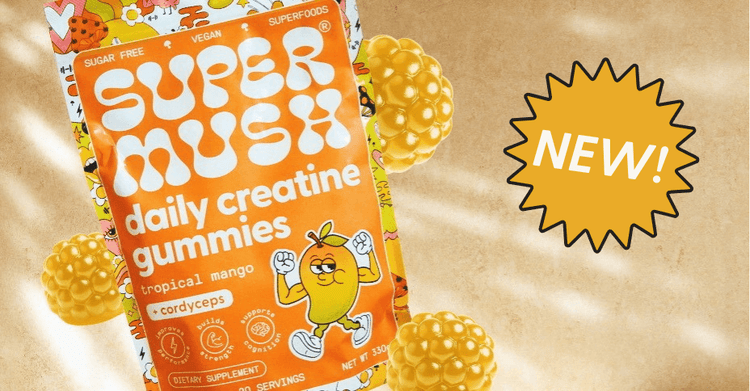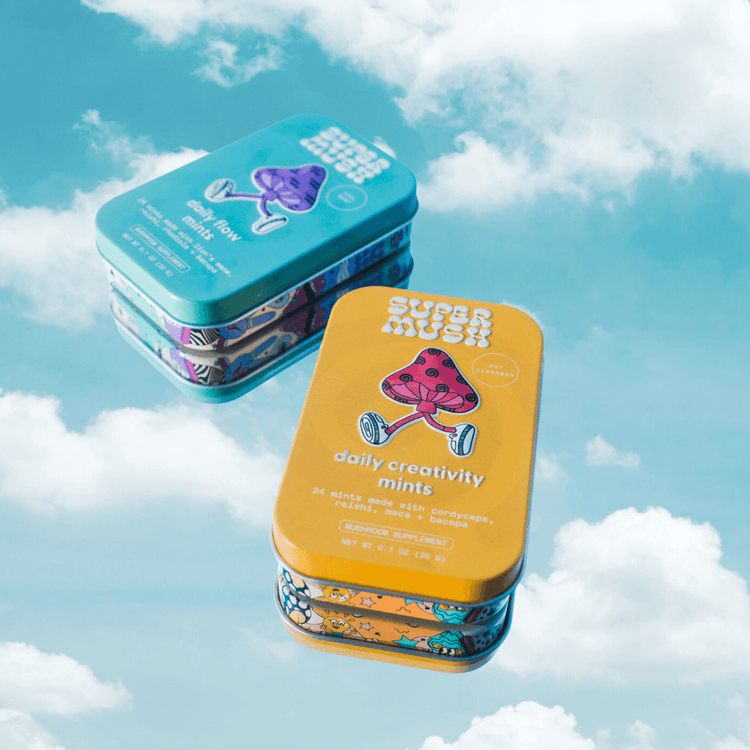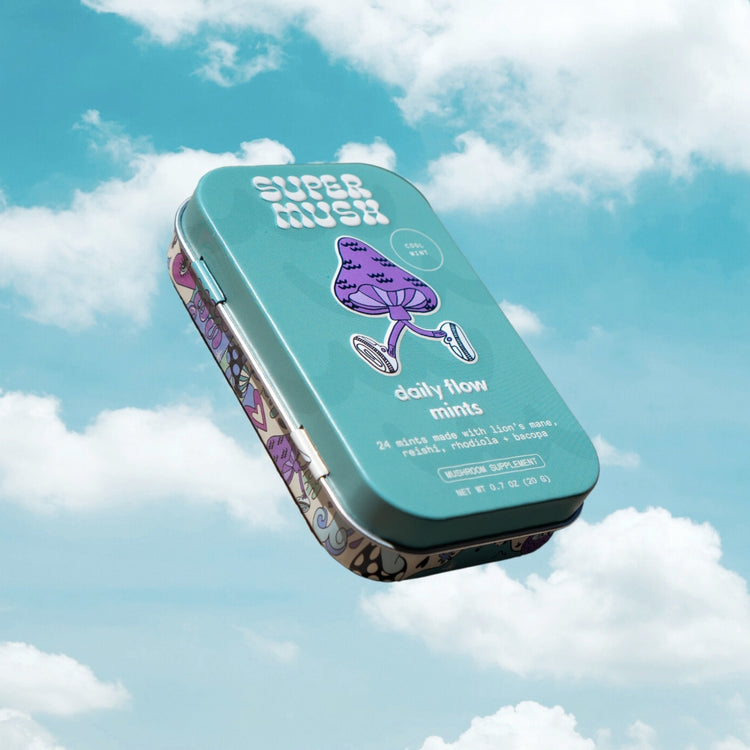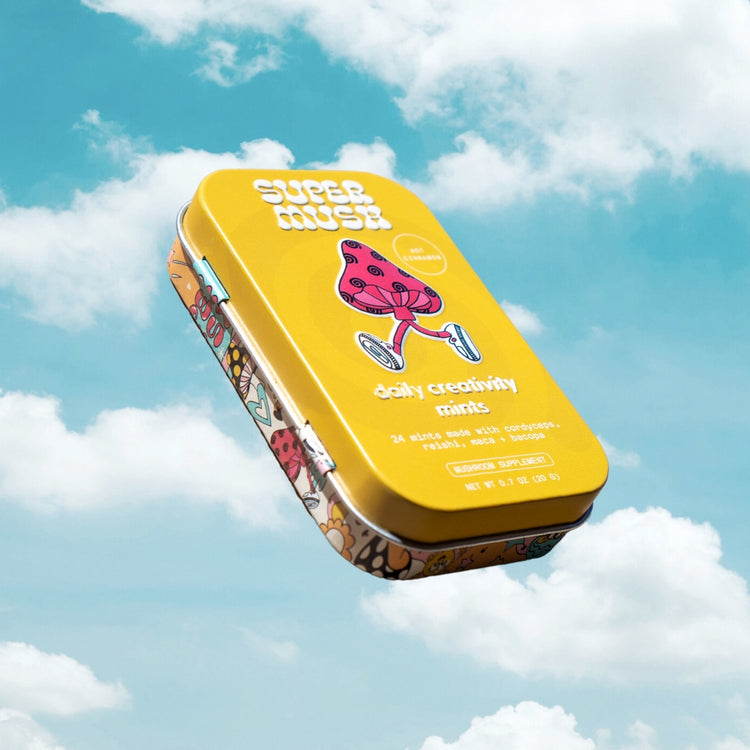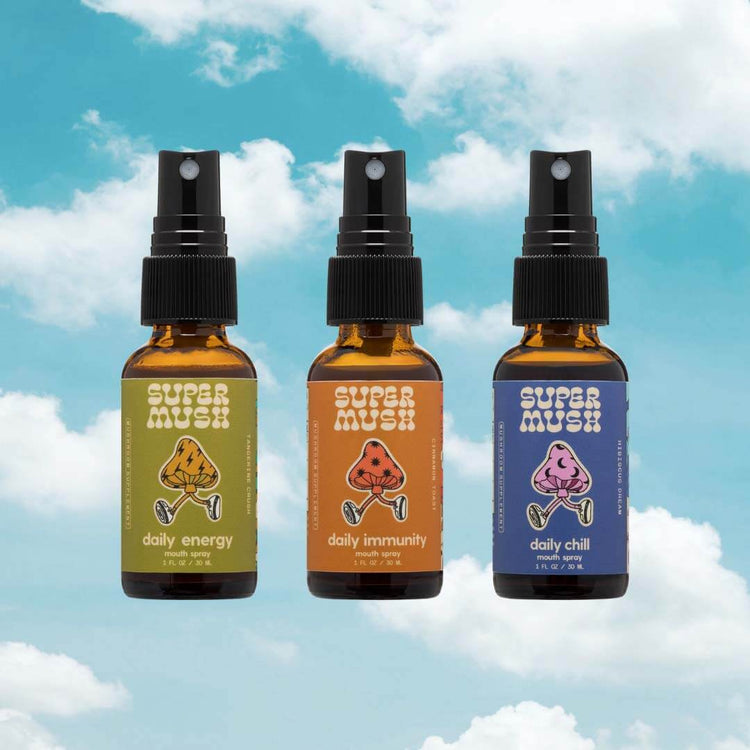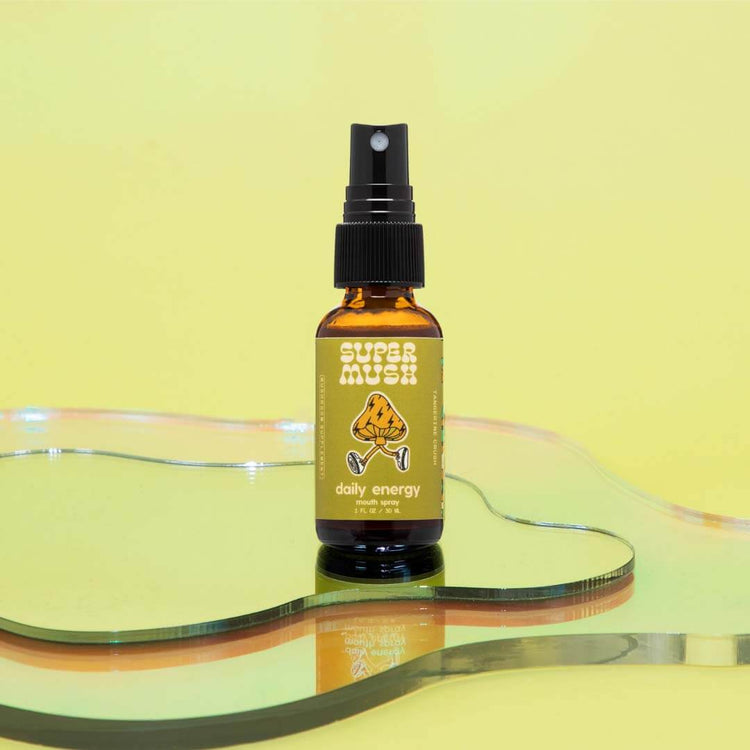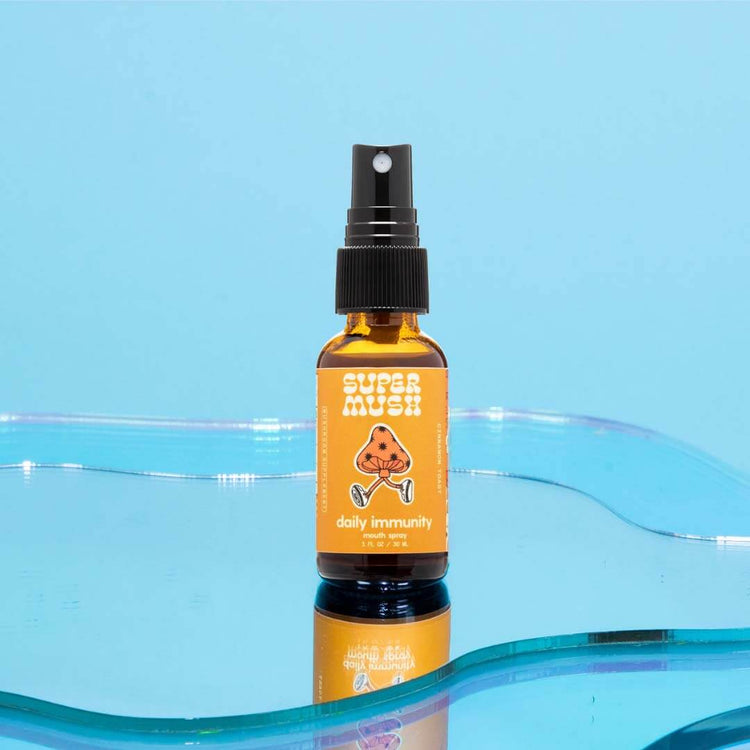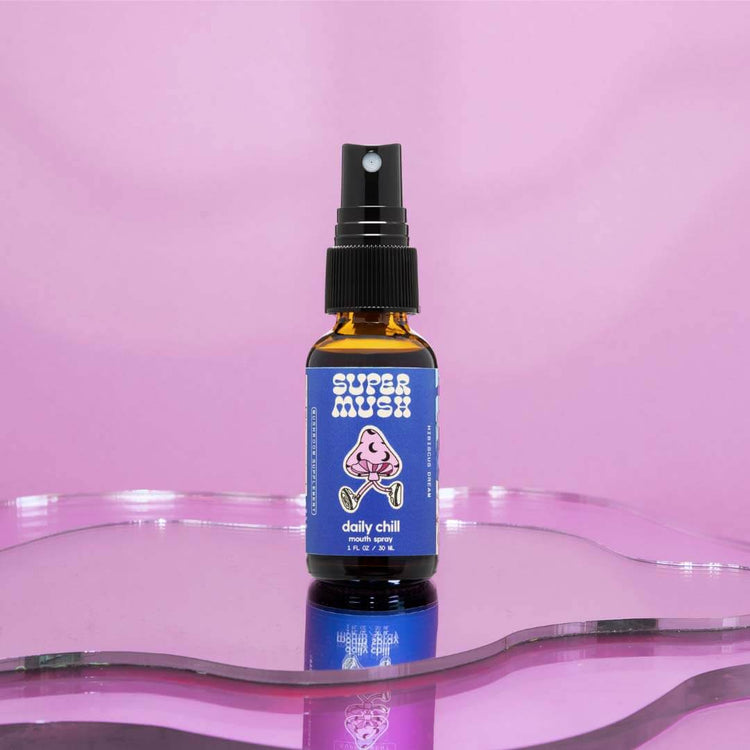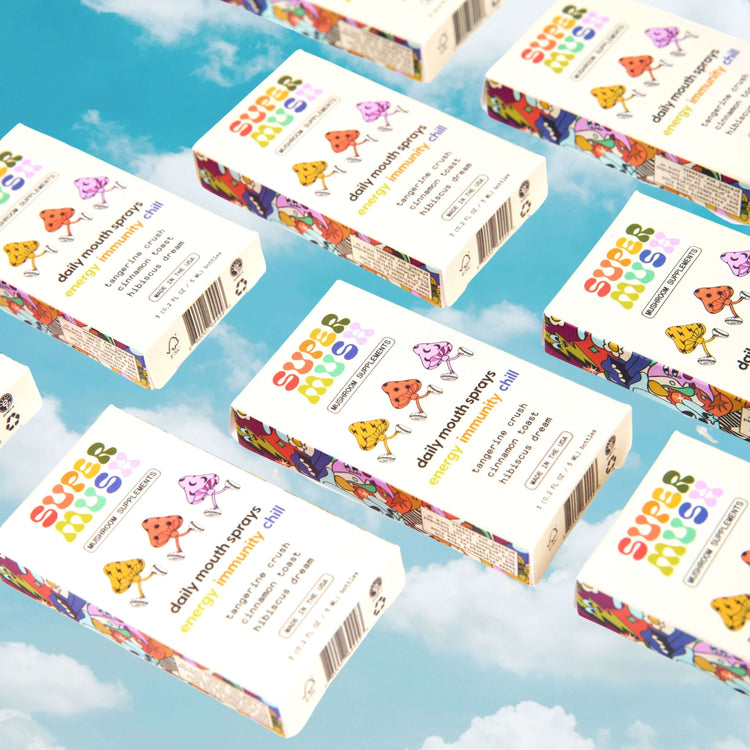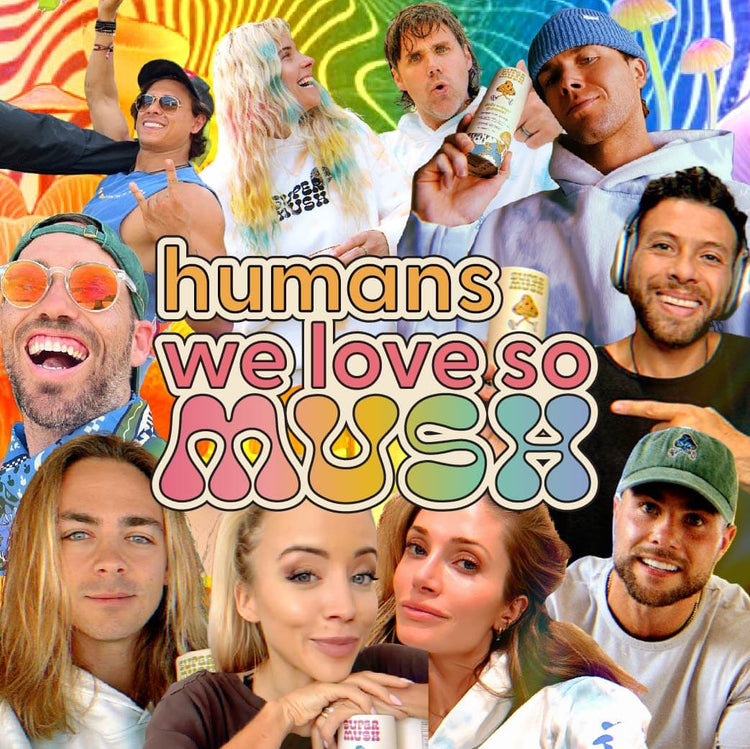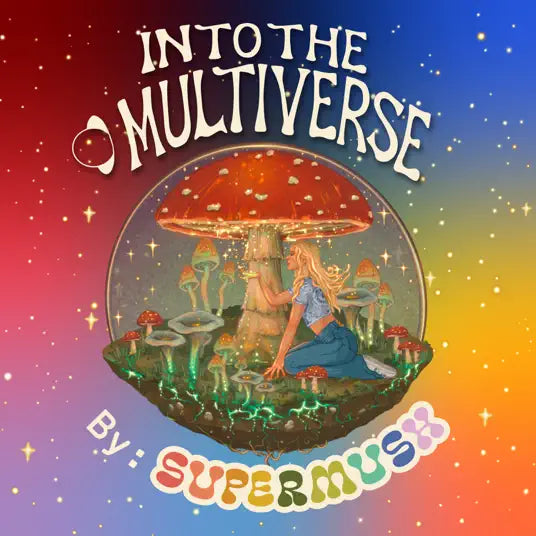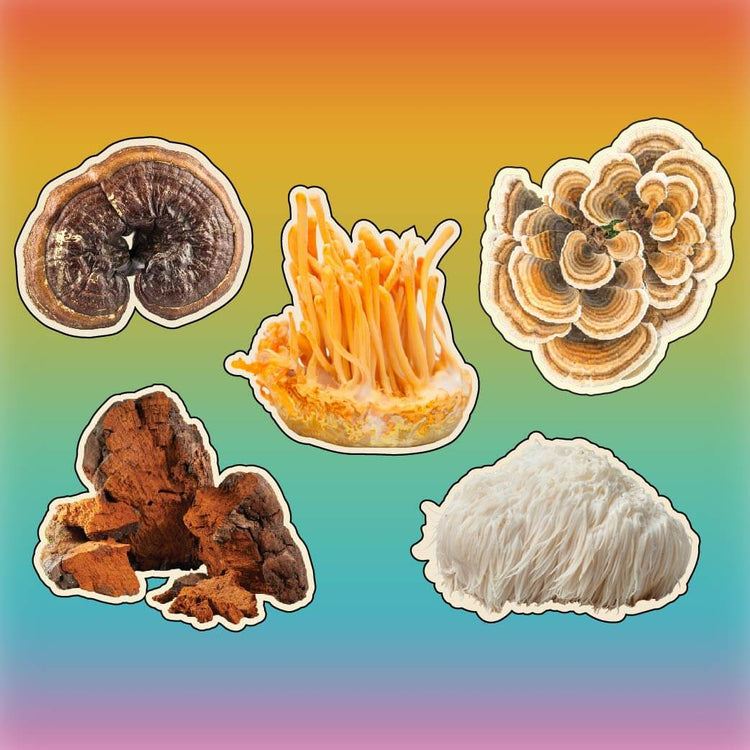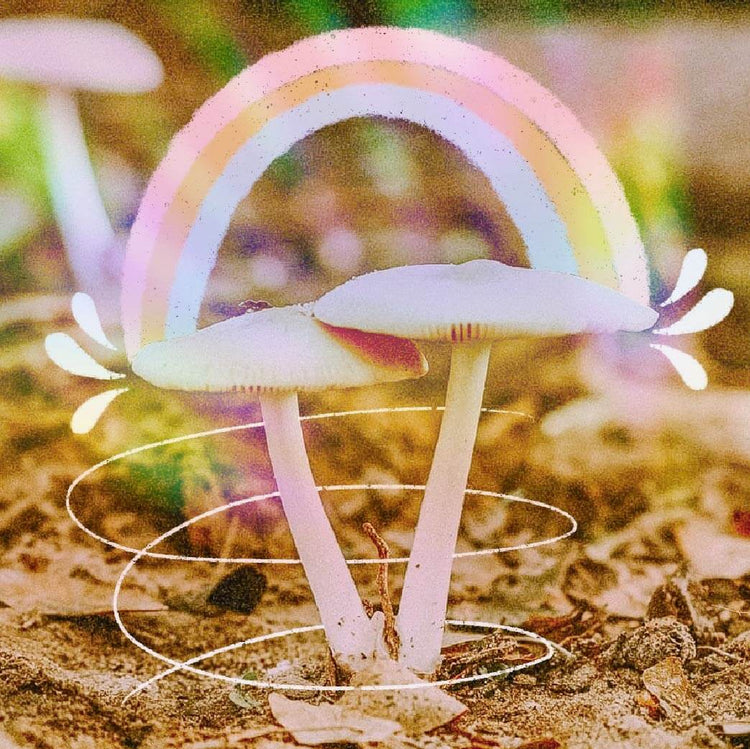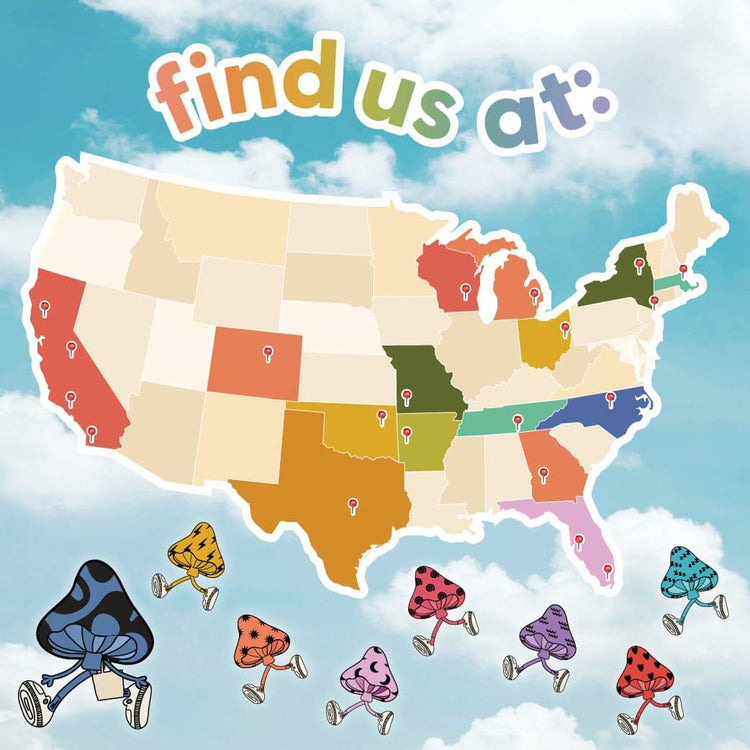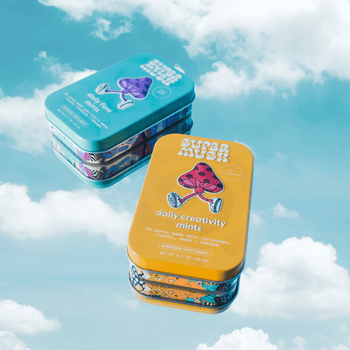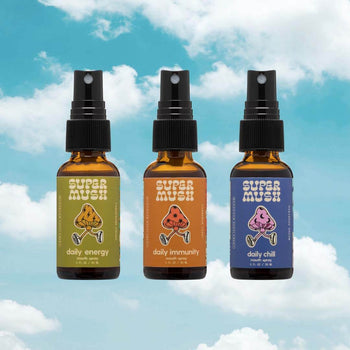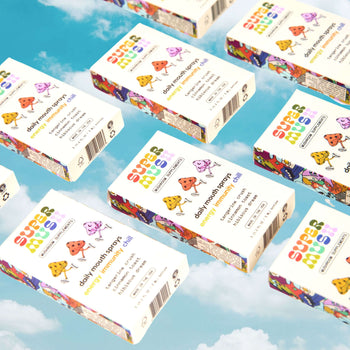You’ve probably noticed mushroom gummies popping up everywhere—from trendy wellness shops to your favorite online stores. These tasty, chewy supplements promise to boost focus, calm your mind, and support your immune system.
Sounds great, right?
But mushrooms have had a complicated history with the law, mainly because some varieties contain substances that are regulated. So, it’s natural to ask: How are mushroom gummies legal?
This blog breaks down the answer, explaining the science, regulations, and how brands ensure the gummies on your shelf are safe, legal, and actually sound for you.
What Makes Mushroom Gummies Legal?
It Starts with the Type of Mushroom!
Not all mushroom gummies are created equal, and legality really depends on what kind of mushrooms are used.
There are two big categories:
-
Magic mushrooms are known for their hallucinogenic effects. These mushrooms carry a controlled substance that alters perception and mood, which is why they’re regulated or banned in many countries.
-
Functional mushrooms, Functional mushroom gummies, are chewable supplements that support overall wellness, like focus, immunity, and stress relief, without crossing any legal lines. These mushrooms don’t cause any mind-altering effects.
That’s why the mushroom gummies sold in wellness stores or online are made from functional mushrooms. They’re recognized as dietary supplements and legal to sell and use in most regions, including the U.S., UK, and Europe.
Functional Mushroom Gummies: Backed by Supplement Standards, Not Drug Claims
Here’s where the line is drawn: functional mushroom gummies aren’t regulated like prescription drugs, and that’s actually a good thing for your everyday wellness routine.
Since they’re classified as dietary supplements, they have to follow a specific set of rules:
-
Ingredients must be GRAS (Generally Recognized As Safe) based on scientific data or long-standing traditional use.
-
Manufacturers follow GMPs (Good Manufacturing Practices) to make sure what’s on the label matches what’s in the gummy.
-
No sketchy health claims. These products can’t say they cure anything—only that they support general wellness like stress management, energy, or focus.
This setup makes them easier to access without a prescription, while still giving you confidence in what you’re taking.
Why Functional Mushroom Gummies Are Your Legal Wellness Boosters
The rise of mushroom gummies isn’t just hype. What makes them such a hit is a combo of wellness support and the reassurance that yes, they’re 100% legal.
That’s because they’re made from functional mushrooms like Lion’s Mane, Reishi, Turkey Tail, and Cordyceps. These species have been used for centuries and are completely legal under dietary supplement regulations.
And they’re not just legal, they’re packed with natural compounds like beta-glucans and triterpenes that are known to support your body in simple but meaningful ways:
-
Lion’s Mane may help with focus and memory by supporting nerve growth and brain function.
-
Turkey Tail and Chaga help reinforce your immune support system so it can handle everyday stress.
-
Reishi has a calming reputation—often used to promote better sleep and balance.
-
Cordyceps can naturally support stamina and energy, especially for people with active lifestyles.
When you’re shopping for mushroom gummies, look for brands that use quality ingredients, offer clear labels, and avoid wild health claims. These products are here to support your body—not treat or cure anything.
And that’s the key to why they’re legal: they stick to wellness, not medicine.
What Does “GRAS” Mean for Mushroom Gummies?
GRAS, or “Generally Recognized As Safe”. Basically, it means the ingredient has either:
-
Historical use (some mushrooms have been consumed safely for centuries), or
-
Scientific evidence reviewed by experts.
Most mushrooms used in gummies fall into this category. However, if a company uses a new extract or a special preparation method, they must inform the FDA 75 days before selling it. This system keeps consumers protected from risky or untested ingredients.
How Do Brands Stay on the Right Side of the Law?
Gummy brands can’t just say whatever they want and sell it. To stay within the law, they’ve had to get pretty smart about compliance and messaging.
Here’s how they do it:
-
Transparent Labeling
Reputable brands spell out exactly what’s in the formula. No vague or mystery mushroom mix claims.
-
No Medical Claims
You won’t see promises to fix anxiety or cure fatigue. Instead, look for language like:
-
“Supports focus”
-
“Promotes calm”
-
“Helps immune function”
-
Required Disclaimers
Every legit supplement includes the FDA warning:
“This product is not intended to diagnose, treat, cure, or prevent any disease.”
-
Third-Party Testing
Brands often share certificates of analysis (COAs) to prove their products are clean, safe, and contain what they say.
Still wondering how mushroom gummies are legal in the U.S. and beyond? Here's a quick snapshot to help you see how they’re regulated differently:

SuperMush Gummies: The (Legal) Mushroom Glow-Up
SuperMush offers functional mushroom gummies that support everyday wellness, all while staying fully compliant with supplement regulations. Their lineup is clean, focused, and built around non-psychoactive ingredients that are widely recognized for their health-supportive properties.
SuperMush’s Key Offerings:
-
Daily Energy Gummies
-
Daily Immunity Gummies
-
Daily Chill and Passion Gummies
Why They’re Fully Legal:
SuperMush follows a clear, compliance-first path:
-
Non-psychoactive mushrooms only. Reishi, Turkey Tail, Lion’s Mane—these ingredients are legal, non-intoxicating, and rooted in wellness traditions.
-
No medical claims. The focus is on general well-being: energy, calm, and immune support—not treatment or diagnosis.
-
Regulated production. Their products are made in FDA-registered, GMP-certified facilities and tested by third parties to ensure quality and safety.
FAQs About Mushroom Gummies and Their Legality
Q: Can legal mushroom gummies get you high?
Nope. They use non-psychoactive mushrooms—zero mind-altering effects.
Q: Are mushroom gummies safe to take daily?
Yes, when taken as directed and purchased from reputable brands that follow supplement regulations.
Q: How can I tell if a mushroom gummy brand is trustworthy?
Look for clean ingredient labels, no medical claims, FDA disclaimers, and verified third-party testing.
Final Thoughts: Legal, Safe, and Here to Stay
Mushroom gummies are fully legal in the U.S. because they fall under the supplement category, not controlled substances. With transparent labeling, tested formulas, and manufacturing that meets federal standards, they represent the safe, legal side of the mushroom boom.
Ready to see what the buzz is about?
Check out SuperMush’s range for safe, effective mushroom gummies that fit your wellness vibe, without any legal drama.




